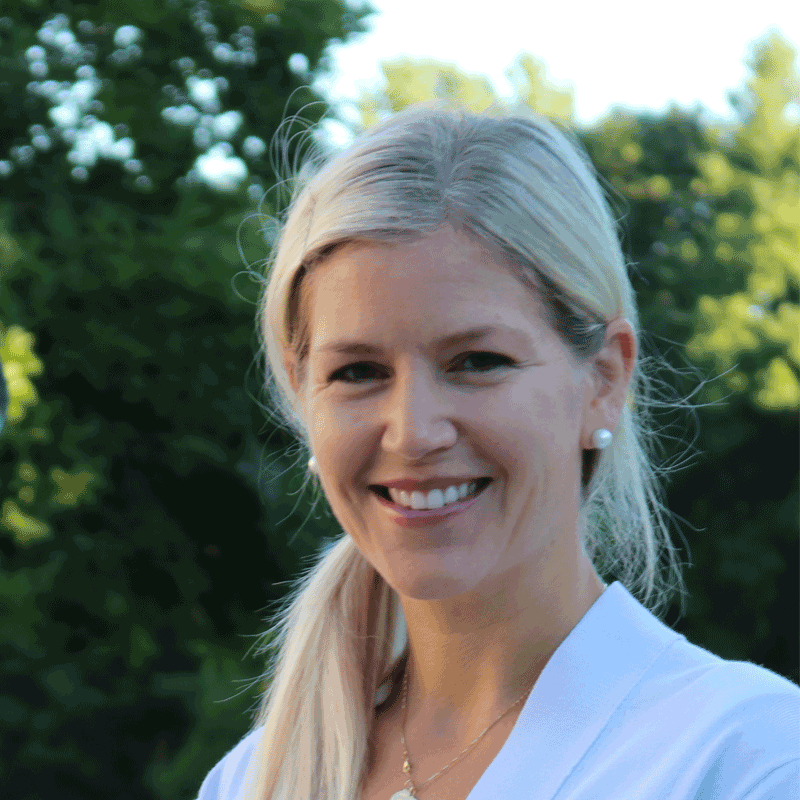Grade 1
Curriculum
A typical six-year-old is incredibly curious, enthusiastic, and imaginative. Their Grade One year is one of dramatic social and emotional change. They begin to see things from another’s perspective and are better able to regulate their behavior with greater understanding of the purpose of class rules.
Another developmental change occurs during the Grade One year around friendships. Peer relationships become as important as parents and teachers, and six-year-olds love working together on projects and activities.
Students in Grade One begin to exhibit more pride in their accomplishments and can display competitiveness. It is not uncommon for six-year-olds to invent new rules for games to give themselves an edge or argue that they are not “out”. This age can also see some bossiness and teasing which is usually related to competition around friendships.
This is a critical point when teachers and parents should respond with understanding and the setting of clear boundaries and limits for acceptable behavior. It is also a time when students are eager to receive praise and respond very well to positive reinforcement and tasks that provide them with a sense of autonomy.
Renbrook’s Grade One teachers are well versed in the developmental stages and behaviors of their students. They balance nurturing demeanors with high expectations for kindness and empathy. Our teachers prioritize time for team building and the development of collaborative problem-solving skills through large-group games, small-group activities, and one-on-one coaching sessions, if needed.
At Renbrook, language arts instruction helps students develop the skills necessary to communicate effectively. Language arts includes listening, thinking, speaking, reading, and writing. We structure our curriculum and lessons so that our students have authentic experiences in those areas by integrating other subjects, using thematic units, project-based learning, and writing for the real world.
Language arts lessons are taught within a workshop model. This allows for a gradual release of responsibility from teacher to student. Workshops typically start with a teacher-led, whole group, systematic lesson of a foundational skill. Then, students practice the skill in small groups, with partners, and independently. Teachers use formative assessments to set up guided reading and writing groups to provide additional differentiated instruction, support, and feedback.
Renbrook Lower School teachers work to foster a love of reading in their students. Our students read and discuss a variety of engaging texts that allow them to think critically and make sense of the world around them. Our classroom libraries are full of high-quality literature that reflects all Renbrook student and family identities, as well as offering a window into the diverse lives of people in communities close to home and far across the globe.
For students in grades one through two, the curriculum, Fundations®, from the Wilson Reading System, is aligned with the science of reading with an emphasis on phonics instruction. It focuses on reading, spelling, and handwriting using engaging, multisensory materials and techniques. The foundational skills emphasized are:
- phonological and phonemic awareness
- sound mastery
- phonics, word study, and advanced word study
- trick word (high frequency word) instruction
- vocabulary
- accuracy, automaticity, and fluency
- handwriting
- spelling
Reading comprehension is also taught and practiced by students in grades one through four. Teachers model comprehension strategies during whole-class read alouds and work with small, guided reading groups, and they confer with each student individually to assess and provide feedback. The foundational comprehension skills emphasized are:
- summarizing
- sequencing
- inferencing
- comparing and contrasting
- drawing conclusions
- self-questioning
- problem-solving
- relating background knowledge
- distinguishing between fact and opinion
- finding the main idea, important facts, and supporting details
The workshop model is also used by teachers in grades one through four to provide students with systematic instruction of writing. They practice writing across a variety of genres such as fiction and nonfiction narratives, descriptive, expository, persuasive, poetry, and reflection. Our students take ownership over the writing process by planning, drafting, and revising their work. Teachers confer with their students offering personalized instruction, helping them grow and develop as writers. The foundational writing skills emphasized are:
- spelling
- capitalization
- punctuation
- handwriting
- keyboarding
- sentence structure
Renbrook Lower School students are taught mathematics using Singapore Math® Dimensions Math® and Math In Focus®. The approach to instruction focuses on a concrete, pictorial, and abstract (CPA) progression, number bonds, bar modeling, and mental math. CPA follows a progression starting with tangible manipulatives leading to pictures and then abstraction. Number bonds show the part-whole relationship between numbers. Bar modeling helps students visualize a range of math concepts, such as fractions, ratios, and percentages, allowing students to determine the knowns and unknowns in a given situation. Mental math helps students develop number sense and flexibility in thinking about numbers.
Grade One Math Content
- Numbers to 120
- Number Bonds
- Addition Facts to 10
- Subtraction Facts to 10
- Shapes and Patterns
- Ordinal Numbers and Position
- Addition and Subtraction Facts to 100
- Weight
- Picture Graphs and Bar Graphs
- Mental Math Strategies
- Calendar and Time
- Money
Social studies in the Lower School at Renbrook provides first through fourth grade students with learning experiences that help them broaden their understanding and appreciation for the cultural diversity that exists in the world.
The four core social studies disciplines: civics, economics, geography, and history, as outlined by The National Counsel for Social Studies, help frame our social studies curriculum. Units are supported by library resources, technology, field trips, and experts in the field. Our students learn how to collect and organize information and interpret data. They work collaboratively to solve challenging problems with a project-based approach to demonstrate their learning.
Grade One Social Studies Content:
- Communities
- similarities and differences of rural, urban, and suburban communities.
- community workers’ job responsibilities.
- rules needed in classrooms and schools and laws needed for communities to be safe and to thrive.
- ways to be a good citizen.
- one’s responsibility to protect environments.
- concepts of needs vs wants.
- Celebrations from Around the World
- diverse holiday celebrations from around the globe including history, culture, traditions, and celebrations.

